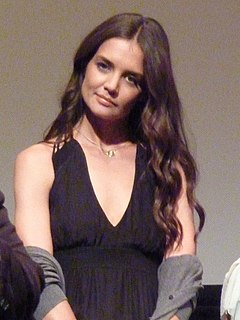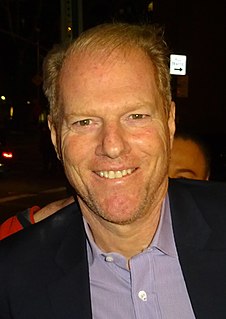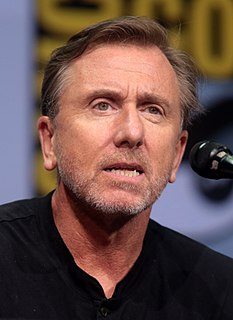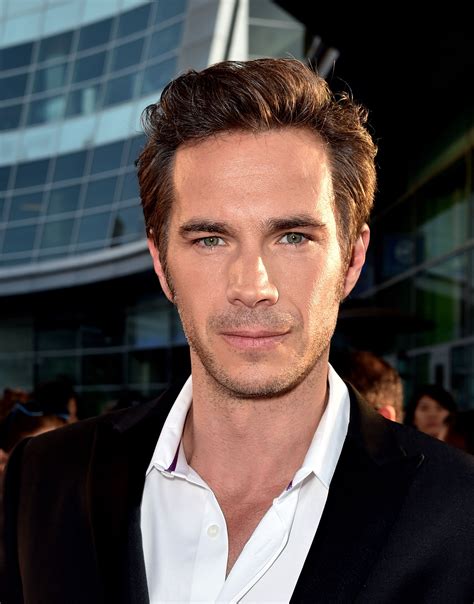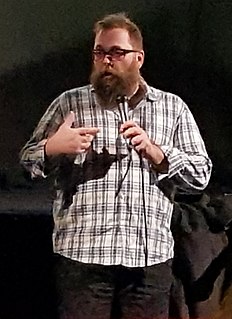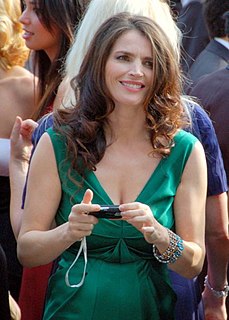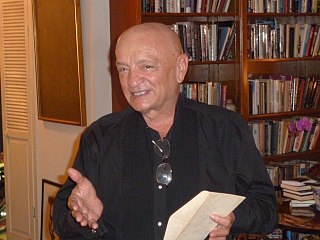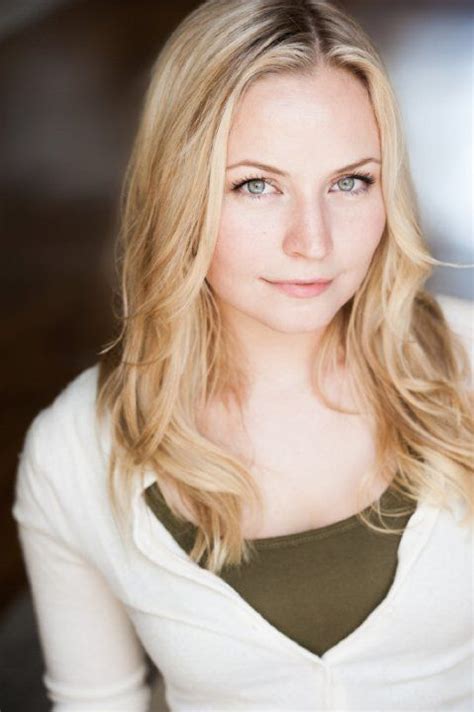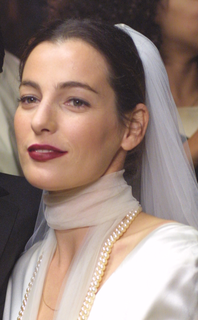A Quote by Robert De Niro
You never know what you do that could be totally out of left field, which actually might work and give something fresh to the whole scene, to the character, whatever. If you have that with a director who then knows how to shape it, either in the direction, in the moment, or in the editing, then that's good.
Related Quotes
Actors always direct themselves. A good actor shows up onset ready, especially in television, and you've done your homework and you know your character. The director may have some variation on what you're thinking or they may have a different interpretation of the scene. So you come prepared to shoot and you've given yourself notes. In television, it may be the first time you're meeting this director and you've been living in this character's skin for a couple of years. It's always great to have fresh perspective and fresh insight, but no one knows your character better than you do.
Most of the time for me, you're learning what not to do, as opposed to what to do. You never know what to do. I don't, especially in a work environment. You have a little formula yourself. But when I see a director do something I think, whatever he or she just said totally screwed that actor up and now they're worse. I'm never going to do that. I'm going to figure out something else. I want my movie to be good. And that's how it works.
When something arrives, you have no idea what's in it, which is good. And then, it's is the story leaps off the page at you and how your character functions within it. There could be just one scene and if it's wonderful, it doesn't matter how much you're working on it because you just want to be in it. It's really about what your character's day to day world looks like, and if you feel like that's something that's complete, and that you'd like to inhabit for awhile. You'll know by a couple of scenes in. If the character grabs you, you run with it.
All directors on all sets behave slightly differently depending on what the scene is. For example, if you are doing a love scene, which is intimate then the director is likely to be intimate. If you are doing a scene where everyone is mucking around and laughing then the director is likely to start with that. If you are playing a scene which us incredibly heavy and everyone getting killed then there are probably not many laughs on the set.
You figure out how to create opportunities to make music, and then, if you take care of the music, audiences will come around. They also might leave. What matters is the moment: the moment of making music, with and for and among others, and what that offers to those people in that moment. They might never see me again; they might never learn my name. But it might still be something they carry with them.
Whatever character you play, whatever film it is, whatever story it is, for me, in my training it's always something that gives you a layered character, it's understanding the secret of that character, and so whatever comes up as "Oh, I thought that person was that," you are always carrying that within you. So actually what you're playing all the way through is both and it's just what comes out in the scene or the circumstance.
You must stop editing--or you'll never finish anything. Begin with a time-management decision that indicates when the editing is to be finished: the deadline from which you construct your revisionary agenda. Ask yourself, 'How much editing time is this project worth?' Then allow yourself that time. If it's a 1,000-word newspaper article, it's worth editing for an hour or two. Allow yourself no more. Do all the editing you want, but decide that the article will go out at the end of the allotted time, in the form it then possesses.
You can give the greatest performance possible, but if you don't have a director who's pointing the camera in the right direction and an editor who's editing it properly, it doesn't matter what you do. The director and the editor are the most important people. Not the actors. Sometimes the writer is important. But if you don't have a good director, you can't have a good production.
When I was single and on Tinder, that was a good little "Hey, did you ever see this movie?" thing. I would never bring it up myself, but if they mentioned it, then cool, that could work for me. But then on the other hand, if they're like a superfan, that could be weird if that's all they're seeing. They think of you as that character more than who you actually are.
If there's a good screenplay, there's a chance that something good is going to happen. If you don't have a brilliant screenplay, then you either have amazing actors who give you the chance to improve whatever is on the page, or an interesting director who has enough faith in the project that they can carry it through and get it somewhere.
You can’t say ‘if this didn’t happen then that would have happened’ because you don’t know everything that might have happened. You might think something’d be good, but for all you know it could have turned out horrible. You can’t say ‘If only I’d…’ because you could be wishing for anything. The point is, you’ll never know. You’ve gone past. So there’s no use thinking about it.
It [the scene] can be something given to you and you go, "Ah this is a good idea, I can work with this." Sometimes it cuts right across your instinct and that's when I might resist. Even if the director might be insistent, I think it's very important to say, "Look, I'm not feeling this. I'll try to make it work but I got to let you know."

